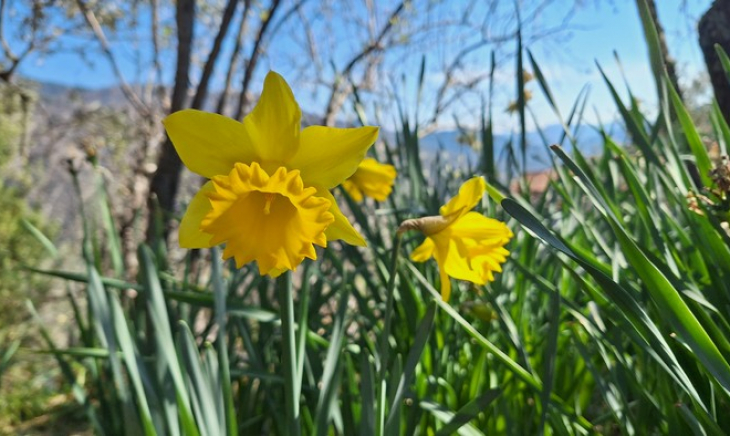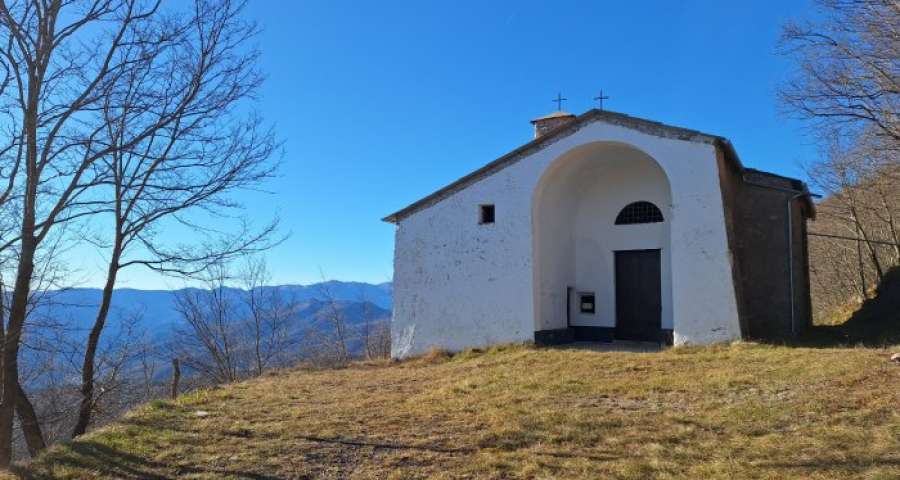Rebirth can be learned /10 - The carefree attitude and vitality of youth, even within movements and charismas, must grow and evolve into spiritual maturity. It is not an automatic process, nor is it simple.
by Luigino Bruni
published in Città Nuova on 11 November 2024 - Issue no. 6/2024
Becoming an adult is always a complicated process with an uncertain outcome. However, having had a great spiritual and ideal experience as a young person further increases the complication and uncertainty.
Youth is the marvellous age for everyone; it is the time of infinite energies that make us begin impossible journeys. It is the time when everything seems possible, the constraints of reality are only challenges, and cautionary advice from adults can only be annoying and is (rightly) returned to the sender. It is the season of absolute gratuitousness, of marvellous dreams, of great generosity that goes so far as to make us give our whole lives to a person, even to God.
When a strong spiritual experience and identity is grafted onto natural youth, as happens when you encounter a charisma in which you totally recognise yourself, youth explodes and all its natural virtues and gifts are amplified. Generosity becomes absolute, ‘forever’ becomes the only language you understand and the only one with which you want to speak about yourself and life in general. You give everything because you want to give everything, because you cannot but give everything, all that you possess and what you do not yet have.
For this reason, there are few things on earth more beautiful and sublime than a young person, a young person who encounters a vocation and responds with a ‘yes’ that becomes a donation of one's whole life. Young people are illuminated by a different and very clear light; their eyes take on another type of brilliance and become even more beautiful than the beautiful eyes of all young people. When you are young, you totally identify yourself with the life of that charisma and the community, that's all you want. This total identification, however, is not experienced as a limitation of your own personality, but as its empowerment and full development. We see a new and beautiful sea in front of us, and we just want to ‘get shipwrecked’ gently into it.
There are people who remain in this charismatic youth for many years, well beyond the time of biological and psychological youth. Lengthening the time of youth is inherent to vocations, and in a certain sense it lasts a lifetime: you can easily recognise someone who received a vocation as a young person also by a different timbre of the soul that lasts until old age, which will allow them to call the angel of death by name.
It is not difficult, then, to understand why that mysterious and imprecise process called ‘becoming an adult’ is particularly complex for young people with true vocations. Indeed, on the one hand, when the providential and necessary crisis of maturity arrives, it is not easy to understand that the form that spiritual life took during youth and is now ending was only the shell of the chrysalis, which must be shed if one is to take flight.
It is during this transition-metamorphosis phase of the caterpillar into a butterfly that so many people with genuine vocations go astray. The forms of this bewilderment are many. The first, and the most obvious, is that of those who identify spiritual life (God, faith) with the caterpillar; and thus, faced with the crisis and death of the faith of youth, they become convinced that faith and God were merely the illusions of a naive youth. The first faith dies and with it everything dies. These are those who, in order to become adults, lose their faith and vocation.
Then there are those who have the opposite experience, albeit generated by the same error of identifying spiritual life with its first form. These people one day sense that something important is about to end and die, and they are terrified by the prospect of losing the only treasure of their life forever, of losing the best part of themselves; and blocked by this panic they deny themselves the possibility of growing. Thus, in order not to lose their vocation and faith, they never become adults. I believe that in religious communities there are more people of the latter than of the former type. They do not leave the communities and institutions they entered as young people, they continue to live the life they have always lived, but in a certain sense they leave their lives behind, because, without knowing it or wanting to, they interrupt the process of their human flourishing and therefore of their freedom.
However, there is also a third outcome, which is always possible: becoming adults by saving the vocation of youth. These are authentic rebirths-resurrections that are still rare in communities and movements, because they require the capacity-gift to persist in the silence of the ‘holy Saturday’, and because it takes time and much meekness to learn to recognise yesterday's faith and God in a faith and God that have become so different to the point of being unrecognisable. Much adult faith takes the form of the question why?, and yesterday's easy answers become only difficult questions, shouted together with the poor and the victims of the earth.













